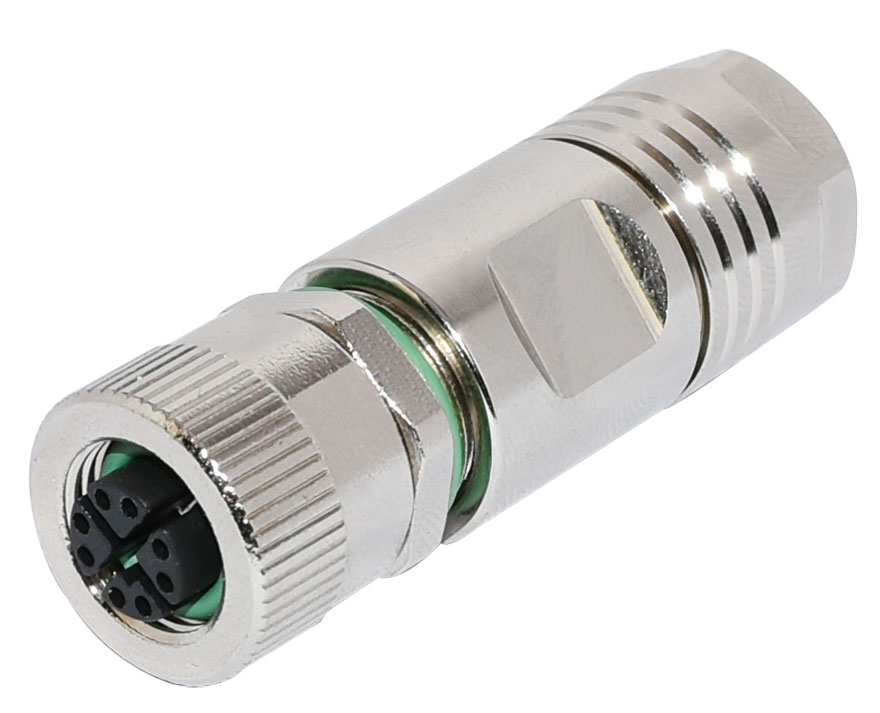

Release time: 2024-01-26
Author: Signal
Views: 486

Connector is an indispensable part of electronic equipment, if you observe along the path of current flow, you will always find the existence of one or more connectors.
It is a coupling device that connects electrical terminals to form a circuit, which can realise the connection between wires, cables, printed circuit boards and electronic components, and is therefore widely used in electronic equipment.
With the application object, application environment, frequency, power of different, the connector form and structure is also varied. Common types of connectors more and more, that we choose the connector, what should be noted?
1. Electrical parameters
Connectors are mostly connected to electrical components, used to transmit current or signal, so the electrical parameters have more stringent requirements, including rated voltage, rated current and so on.
Rated voltage, also known as the operating voltage, which depends on the connector used in the insulating material and the contact between the spacing between the size of the pair. Theoretically, the rated voltage of the connector should be the highest working voltage recommended by the manufacturer, but in fact, the connector can work properly below the rated voltage.
Rated current is also known as the working current. The same as the rated voltage, in the case of lower than the rated current, the connector can generally work properly. When there is current passing through the contact pair of a connector, due to the existence of conductor resistance and contact resistance, the contact pair will heat up, and failure will occur when the temperature exceeds the limit. Therefore, to limit the rated current, that is, to limit the temperature rise inside the connector does not exceed the design of the specified value.
2. Ambient temperature
Connector metal materials and insulation materials determine the connector's operating environment temperature. High temperatures will destroy the edge of the material, causing insulation resistance and voltage performance reduction; for metal, high temperatures can make contact with the loss of elasticity, accelerated oxidation and deterioration of plating.
3. Corrosive environment
According to different corrosive environments, should be selected accordingly metal, plastic, plating structure of the connector. Such as in the salt spray environment using the connector, if there is no anti-corrosion metal surface will make the performance deteriorate rapidly. And in the environment containing a considerable concentration of SO2, should not use silver-plated contact pairs of connectors.
4. Environmental parameters
Environmental parameters are mainly ambient temperature, humidity, rapid changes in temperature, corrosive environments. Connector in the use, transport and storage in the process of the environment has a significant impact on its performance, so it must be based on the actual environmental conditions to choose the appropriate connector.
5. Humidity
Long-term in a high humidity environment, will cause water vapour absorption and diffusion on the surface of the insulator, easy to reduce the insulation resistance to also cause physical deformation, resulting in electrolysis, corrosion and cracks. Connector on the outside of the equipment, often have to consider the humidity, water seepage and pollution of the environmental conditions, in this case should be used to seal the connector. For watertight, dust-tight connector, generally used GB4208 shell protection level to indicate.
6. Connection method
Termination mode refers to the connector's contact with the wire or cable connection. At present, the main connection methods are welding, crimping, winding, piercing connection, screw connection and so on. Reasonable choice of termination method and the correct use of termination technology is also an important aspect of the use and selection of connectors.
Electrical parameters, environmental parameters and connection methods all affect connector performance. Understanding your application requirements and selecting the right connector can increase the reliability of your project engineering and can have a significant effect on improving the quality and service life of your products.